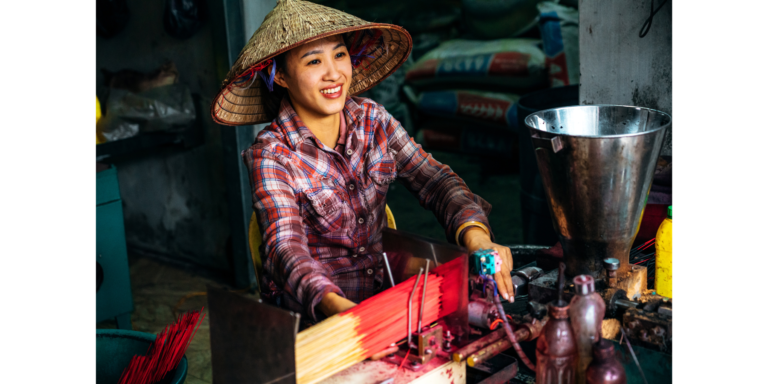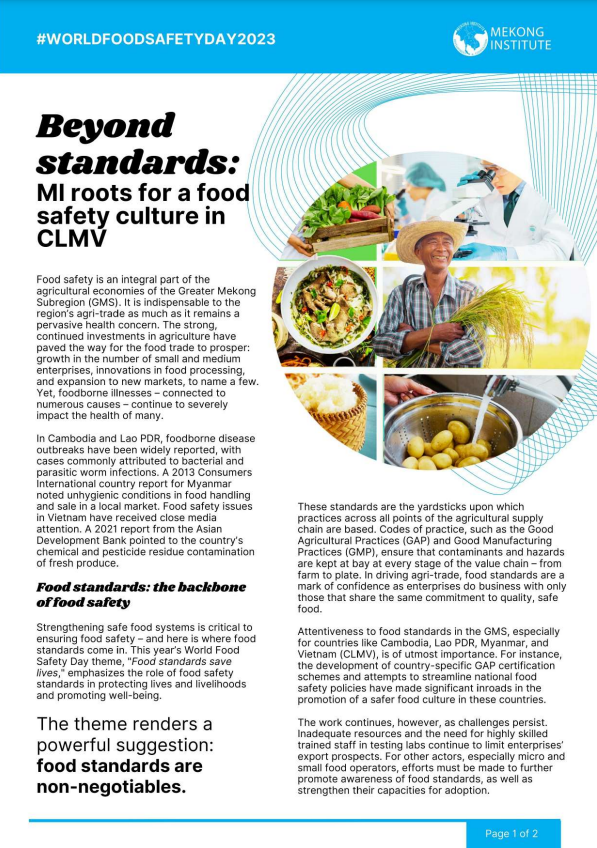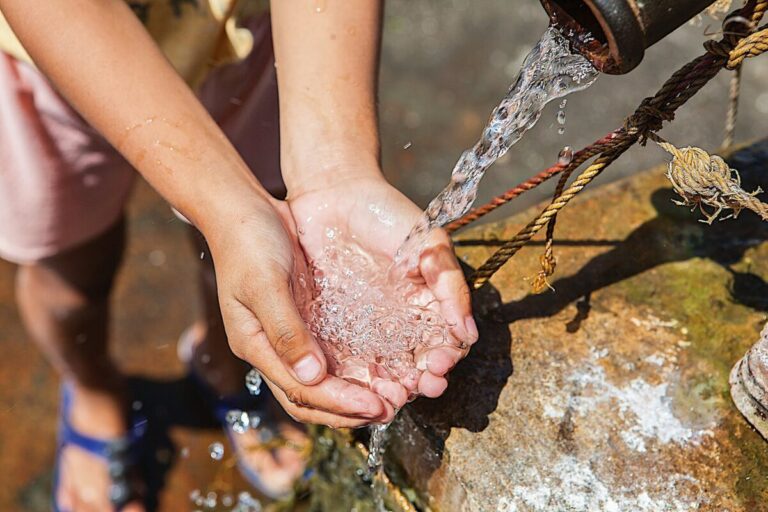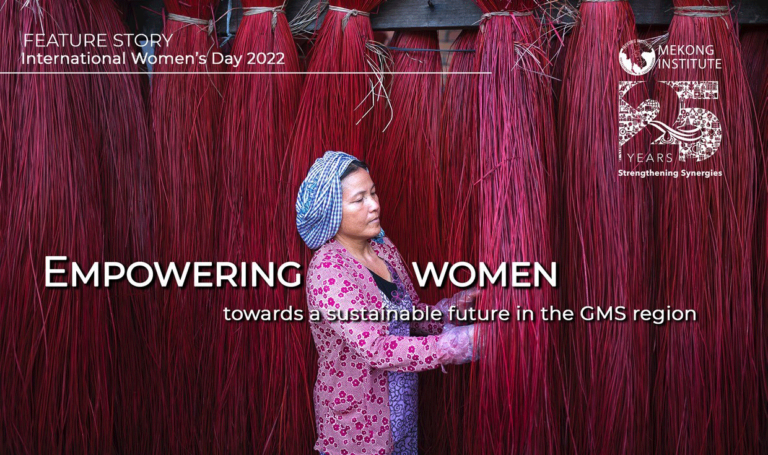Author: Maria Theresa S. Medialdia
For countries in the Greater Mekong Subregion (GMS), agri-food is a driver of food security, poverty alleviation, and regional economic integration. Given the abundant agri-food diversity in the region, Cambodia, Lao PDR, Myanmar, and Vietnam (CLMV) have tapped these resources to secure holistic socioeconomic development.
However, in the same vein that the GMS is blessed with such assets, its climate presents a conducive environment for both agri-food and microbiological diversity. The hazards of the latter are usually the main cause of foodborne illnesses in the GMS.
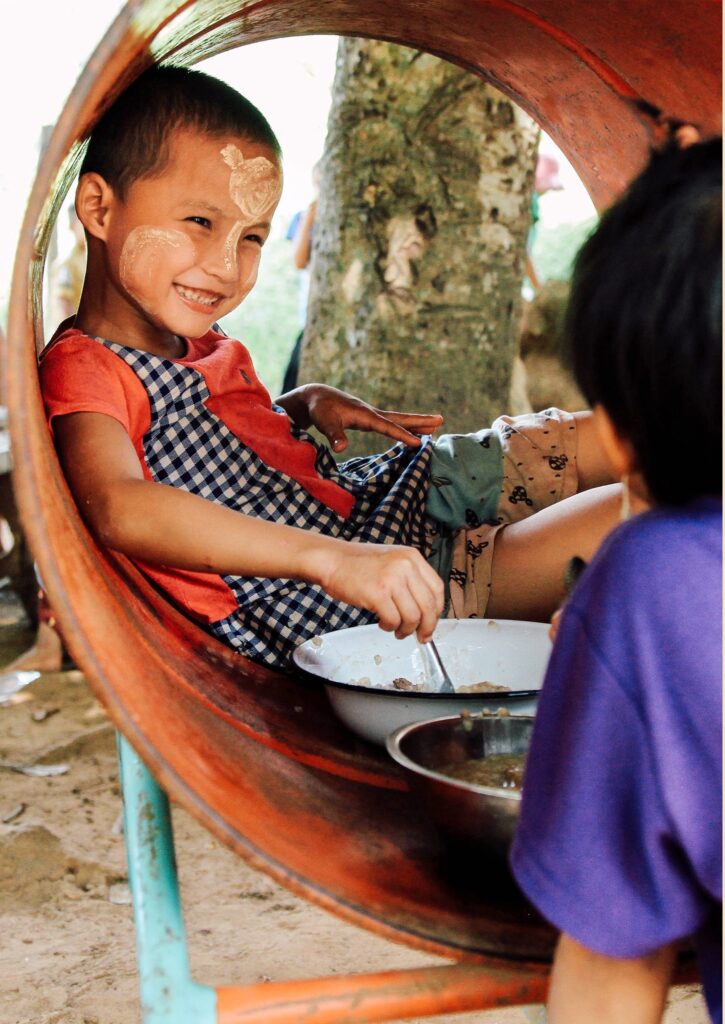
From 2014 to 2019, Cambodia reported 135 foodborne disease outbreaks, resulting in 5,825 hospital cases and 81 deaths, while Lao PDR shared that food safety incidents caused 7,449 people to be hospitalized and 27 deaths. In 2018 alone, Myanmar revealed 37 food poisoning incidents affecting 1,320 people.
Vietnam also disclosed an average of 167 food safety incidents affecting 5,065 people with 27 deaths. These alarming cases reflect the need for greater initiatives on proper food handling and increased investments in basic water, sanitation, and hygiene facilities.
While data on the economic consequences of foodborne diseases in the CLMV is limited, a 2018 World Bank report estimated that low- and middle-income countries lose USO 110 billion a year due to loss in productivity and cost of treatment. Compounding this are losses in farm and company sales, missed income opportunities from trade, health repercussions of consumer avoidance from perishable yet nutrient-rich foods, and environmental burden of food waste.
The Way Forward through PROSAFE
Prioritized investments in the agri-food sector in recent years have borne gains across the CLMV. These countries have become major food crop exporters in ASEAN and have benefited from millions of tourists each year who are drawn to the appeal of local culinary experiences, especially street food.
As revenue and employment rose, so, too, did the numbers of agri-food businesses and food consumption-inevitably straining food control systems. These conditions highlighted the need for concerted efforts in widening access to knowledge and food management tools to elevate quality and safety standards of products for higher consumer trust and broader market access.
It is against this backdrop that Mekong Institute (Ml) and the New Zealand Aid Program launched PROSAFE (Promoting Safe Food for Everyone) in 2018. Designed to enhance national food control systems and bridge public-private linkages, Ml rolled out tailored capacity building, dialogue-for-action, and advocacy initiatives to ingrain the requisite ethos that food safety is indeed everyone’s business.
These PROSAFE efforts have empowered 611 CLMV public-private stakeholders, who in turn transferred knowledge and skills to 20,666 more people.
As food safety champions, they have gone on to improve the management of food safety in their farms, processing facilities, and food services. Others have developed food safety management tools, guidelines, and standard operating procedures to qualify for HACCP, Good Manufacturing Practices (GMP), and Good Agricultural Practices certifications.
PROSAFE alumni in the Mekong Delta-the rice bowl of Vietnam and horticulture production hotspot-have also been improving their postharvest food handling practices, while those in Cambodia have been delivering effective consumer education and outreach programs, as well as strengthening compliance with food regulations among agri-food processors.
Dedicated Lao PDR nationals are also strengthening their skills in understanding food safety hazards, risks, and standards for the quality improvement of their products, while owners of rice mills are implementing GMP requirements for stock rotation and pest management. With Ml guidance, Food and Drug Department officers are designing and organizing Lao PDR Food Law outreach activities in various provinces, as well as developing traceability guidelines to institutionalize the practice of safe food.
Furthering cohesive food safety actions, Myanmar’s Food and Drug Administration and industry groups have jointly built a multi-stakeholder network. This initiative has also spurred the alignment of policy and implementation discussions as the Myanmar Innovation Life Sciences convened a network of producers, regulators, investors, NGOs, and consumers in its first national food safety forum in 2019.
Media personnel are also getting involved in the PROSAFE campaign. Since 2018, more than 139 stories were published and broadcasted in the CLMV, building on accurate and unbiased reporting of food safety incidents and related policy developments.
Versatility in the Face of Adversity
With the onslaught of the COVID-19 pandemic, Ml has revisited its PROSAFE activities and interventions in the face of the new normal and post-pandemic recovery needs. As food retailers and services take to online platforms and delivery services to get their product to consumers, Ml and CLMV officials are working to protect food from safety hazards during transit, address food safety in wet markets, and help more food companies scale up agri-food exports for economic resilience.
This ability to reinvent and refocus efforts on issues that truly matter to countries in the GMS reflects MI’s mission towards meaningful and lasting development. As such, food safety will remain integral to MI’s strategies in fortifying sustainable and inclusive food systems in the region.
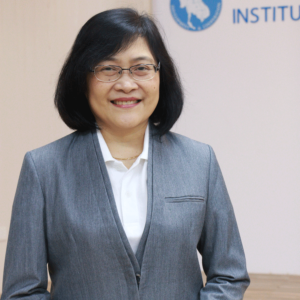
Ms. Maria Theresa S. Medialdia is the Program Director of MI's Agricultural Development and Commercialization Department.
Beginning in 2016, she has led a dedicated team of five who are working to promote food safety practices and management
for increased market competitiveness and protection of public health in the CLMV. For more PROSAFE information,
visit: www.cutt.ly/4njcpDc .


